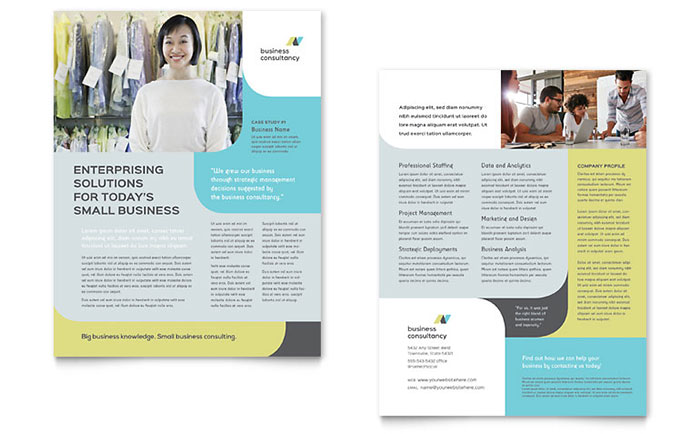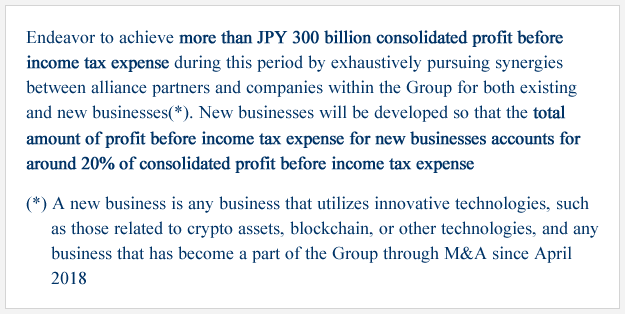
When a company hires an outside consultant to work on their project, it is usually a good idea for the parties to sign an agreement outlining the terms and condition of the relationship. This agreement will ensure both parties are protected and the project can run smoothly.
What is a Consulting Services Contract, and how do you define it?
A consulting service agreement is a legal document that establishes the specific scope of the services to be provided, the payment structure and other important details. It's a vital document that should be reviewed before any agreement is signed, so both parties understand the expectations they have and are not surprised by any surprises down the line.
1. Scope and Compensation
Both parties should clearly define the scope and price of the consulting services. This ensures that they know exactly what is being provided and can honour their obligations. This is a way to make sure that the services do not get overpriced or are delivered on time.

2. Compensation
If the consultant is being hired to work for a set period of time, it is a good idea include a payment amount to be made to the consultant at completion of the term. This will let the client know how much they can afford and how to handle disputes later.
3. Non-Disclosure, Non-Compete
An agreement on consulting services should prohibit the consultant's participation in any form of competition with the company, either during the contract itself or for a period of time after it ends. This will ensure that the consultant does not endanger the reputation or assets of the company.
4. Agency Intellectual Property and Data & Background Information
It is important that the parties have an agreement that clearly identifies the Agency's ownership of any data, intellectual property, and background information that was used during the consultation project. The agreement should state that both parties cannot use the material in any other way than the agency has authorized.
5. Agency Representations and Warranties
An agreement should contain a section that lists the warranties and representations of consultants in relation to the project. These should include details about the project's scope, its completion, and the goals and objectives.

6. Miscellaneous Provisions
Additionally, the agreement should include miscellaneous terms that will govern the contract as well as resolve any disputes that may arise after or during the project. These might cover issues such as governing law, how disputes are resolved and the assignability of the rights and obligations under the contract.
7. Injunctive Relief
Both parties agree to seek injunctive relief if one party breaches its terms or conditions. This will protect the parties from additional risks and allow them to quickly and efficiently resolve any problems.
FAQ
Is consulting a real job?
Consulting is not only a good entry-level job for people looking to make quick money.
There are many opportunities for consulting, including project management, strategy, training and leadership. You could find yourself working with small start-ups and large international corporations.
Consulting allows you to learn and improve your skills while also gaining experience in many industries. This could include learning how to manage teams, write proposals, manage budgets and analyze data.
Do I really need legal advice?
Yes! Consultants often create contracts with clients without getting legal advice. This can create problems down the line. If the client terminates an agreement with the consultant before the completion date, what are the consequences? Or what happens if a consultant fails to meet the deadlines in the contract?
It's best to consult with a lawyer to avoid potential problems.
What happens after the consultant completes the job?
After the consultant has completed the work, they will submit a final document detailing the results. This report contains all relevant information, such as project timelines and deliverables.
The report will be reviewed and you can decide if the consultant met all your expectations. If not, you can either request changes or terminate the contract.
How do I set up an LLC to consult?
You must first figure out what you want to do as a service provider. The next step is to ensure that you're qualified for the services you offer. It may also be beneficial to look for someone who is already qualified to do what you desire and to see how they work.
Once you've identified the product or service you wish to offer, it is time to determine your target market. If there aren't enough of them, you may need to create them.
Next, you will need to decide if you want to start your own business or hire others.
You could also consider starting your own consulting company by getting a license from the state, but this requires quite a bit of paperwork and legal fees.
Statistics
- WHY choose me: Why your ideal client should choose you (ex: 10 years of experience and 6-week program has helped over 20 clients boost their sales by an average of 33% in 6 months). (consultingsuccess.com)
- According to statistics from the ONS, the UK has around 300,000 consultants, of which around 63,000 professionals work as management consultants. (consultancy.uk)
- "From there, I told them my rates were going up 25%, this is the new hourly rate, and every single one of them said 'done, fine.' (nerdwallet.com)
- On average, your program increases the sales team's performance by 33%. (consultingsuccess.com)
- 67% of consultants start their consulting businesses after quitting their jobs, while 33% start while they're still at their jobs. (consultingsuccess.com)
External Links
How To
How do you find the best consultant?
First, ask yourself what kind of consultant you are looking for. Before you look for someone, you need to be clear about your expectations. A list of what you expect from a consultant is helpful. This might include skills such as project management, professional expertise, communication, availability, and technical skills. Once you have identified your requirements, you might consider asking friends and colleagues to recommend you. Ask them what their experience with consultants was like and how they compare to yours. Do some internet research if they don't have recommendations. There are many websites, such as LinkedIn, Facebook, Angie's List, Indeed, etc., where people post reviews of their previous work experiences. You can use the comments and ratings left by others to help you find potential candidates. Finally, once you've got a shortlist of potential candidates, make sure to contact them directly and arrange an interview. You should discuss your requirements with the candidates and ask them how they can help. It doesn’t matter who recommended them to you, just make sure they understand what you are trying to achieve and how they can help.